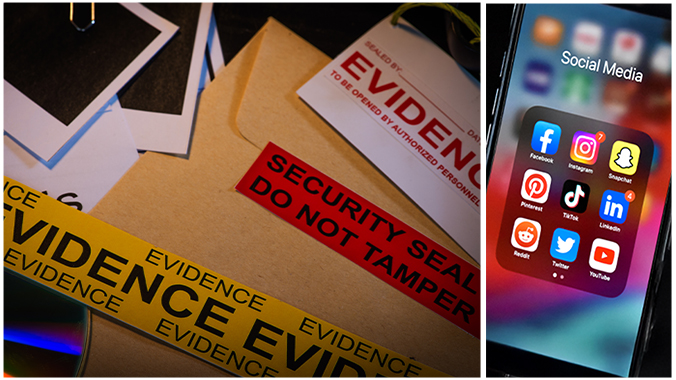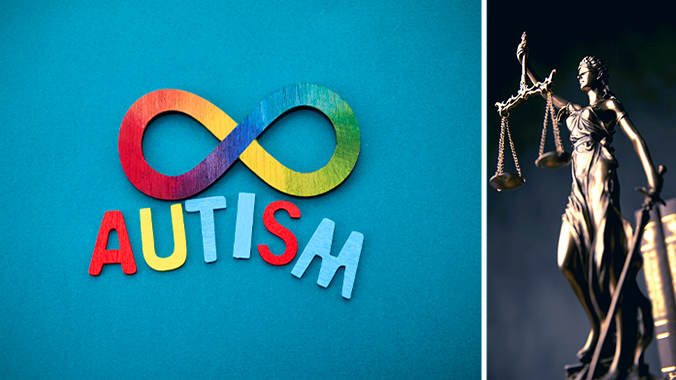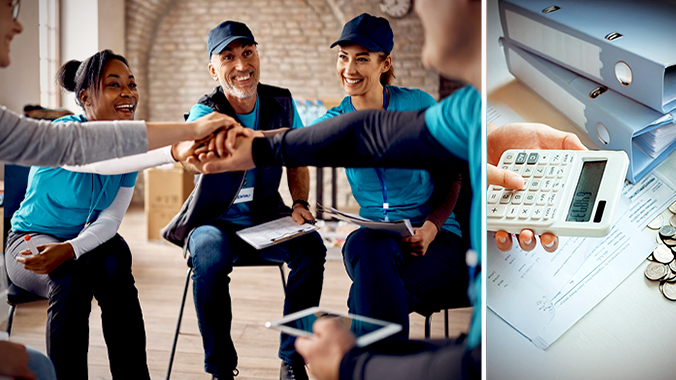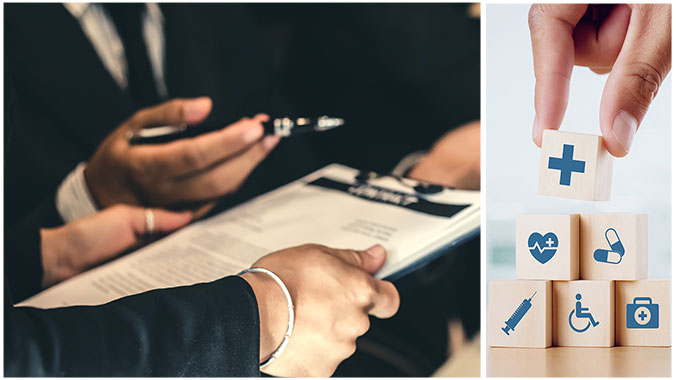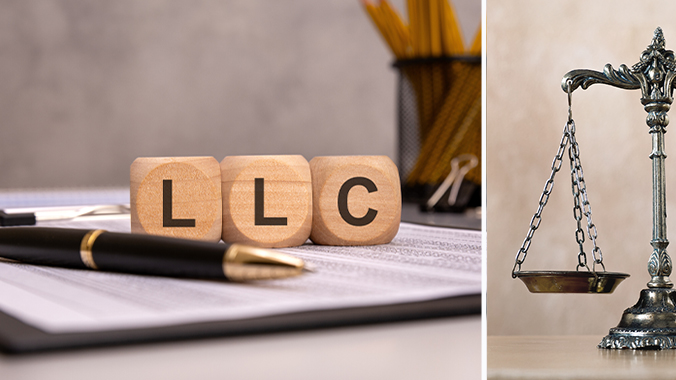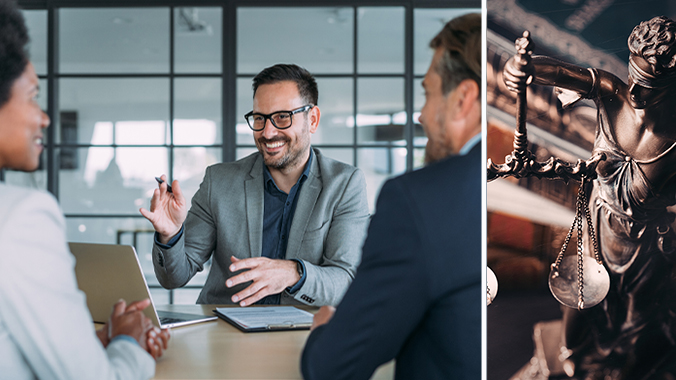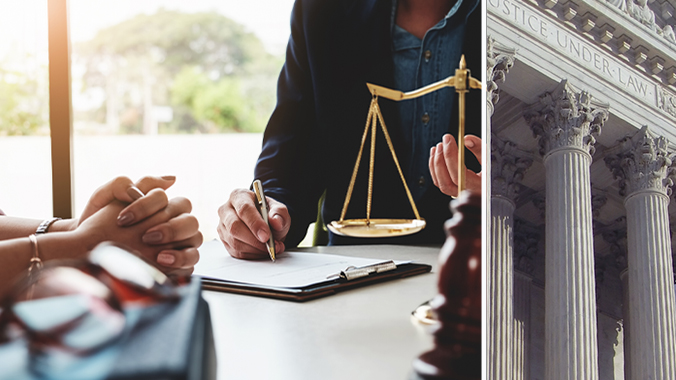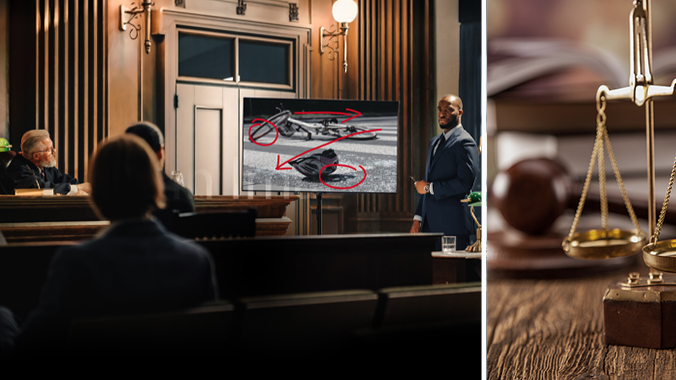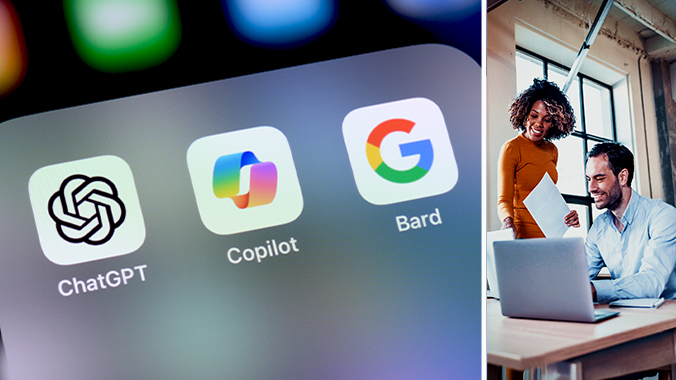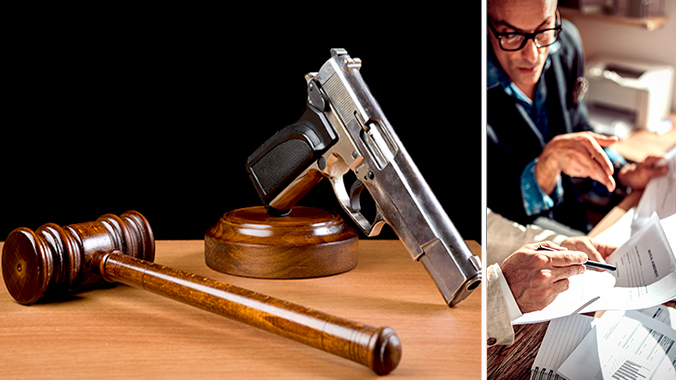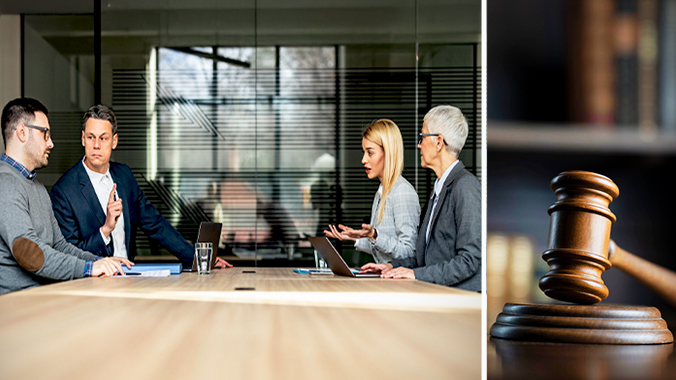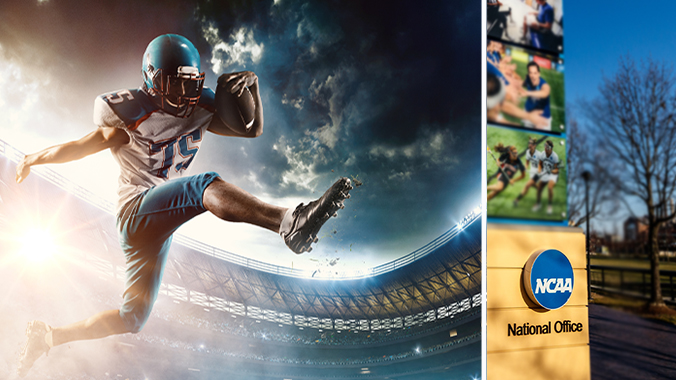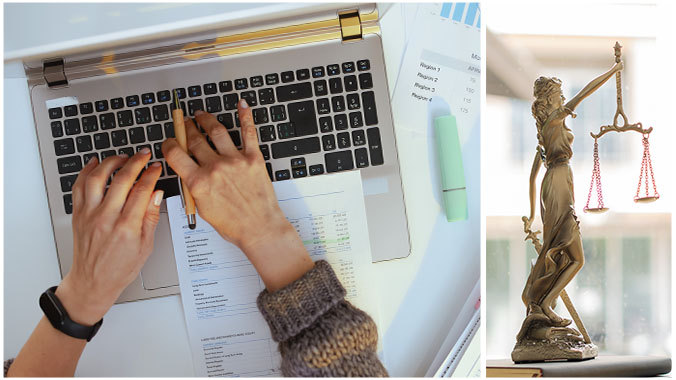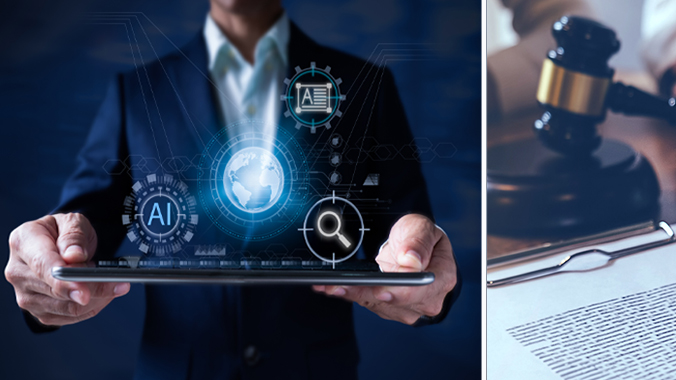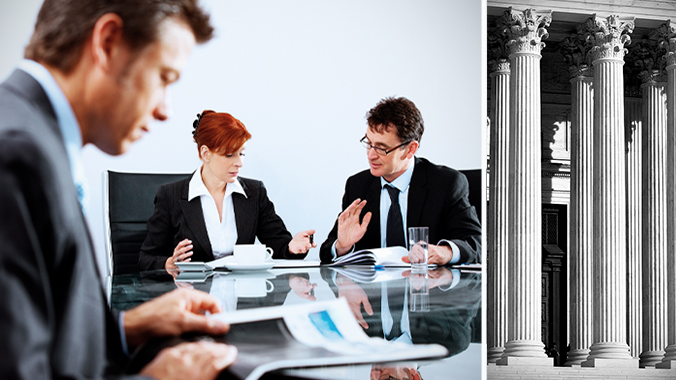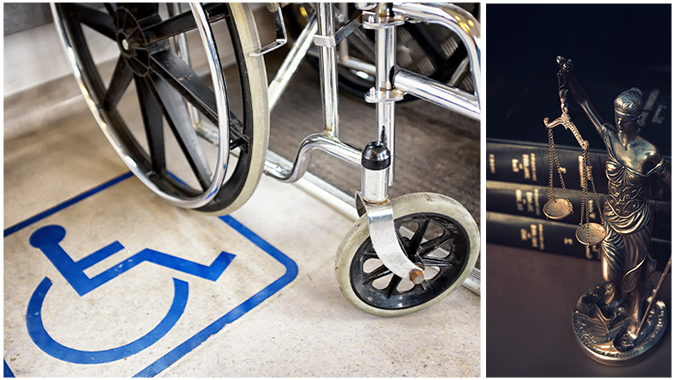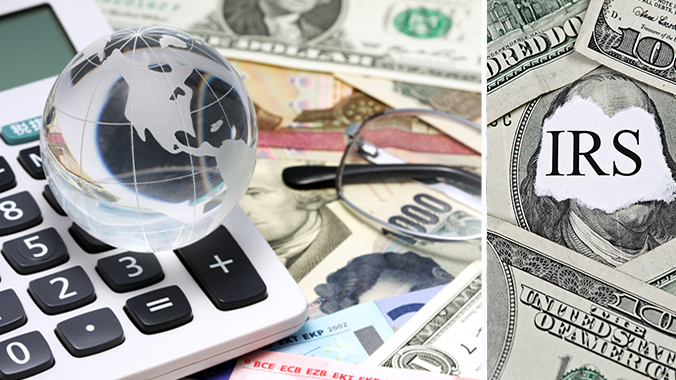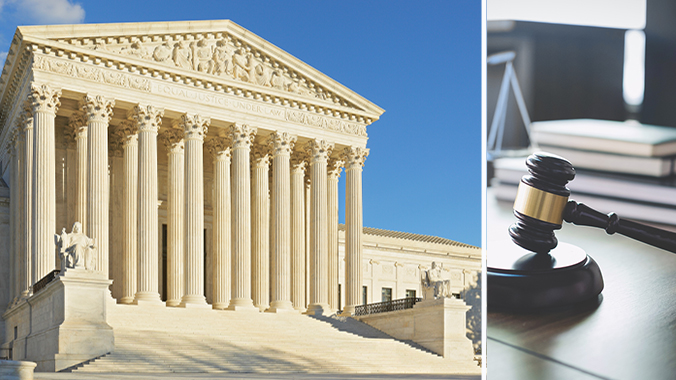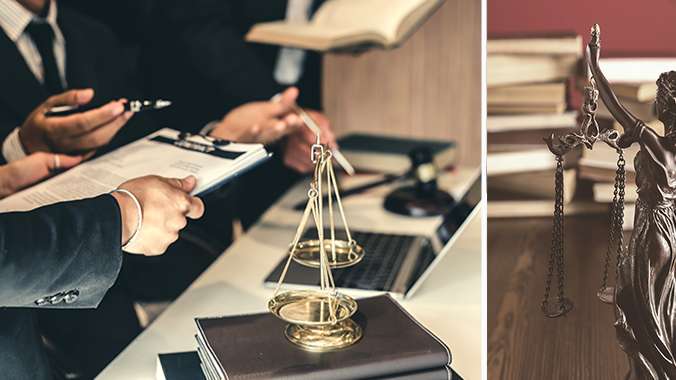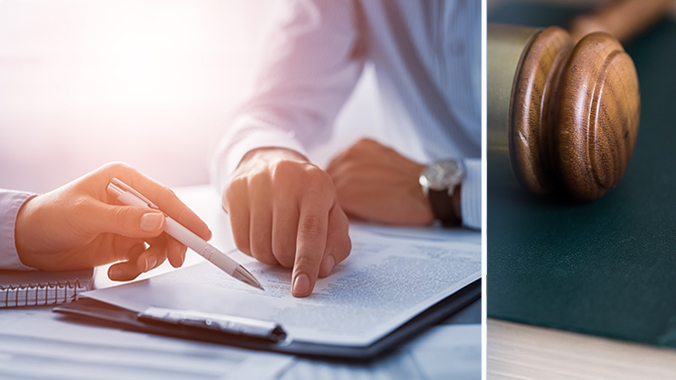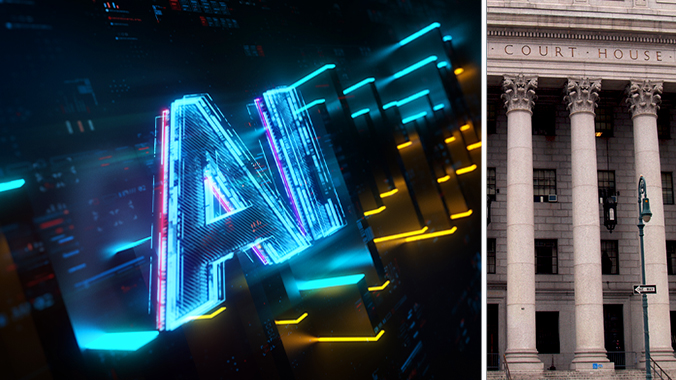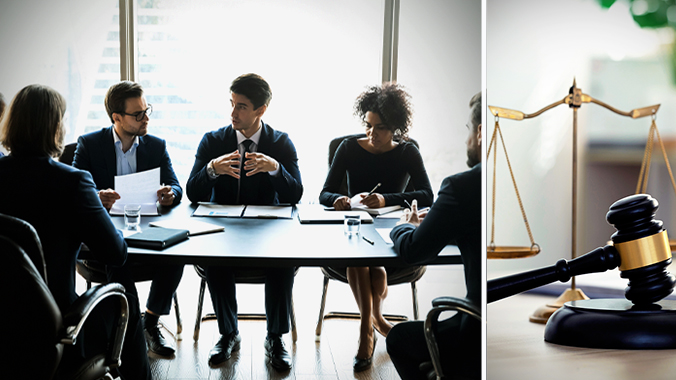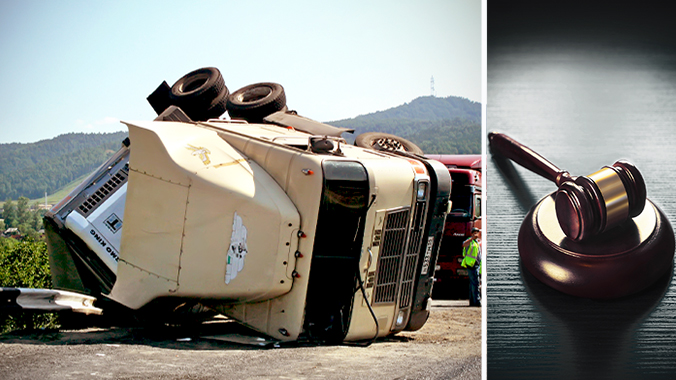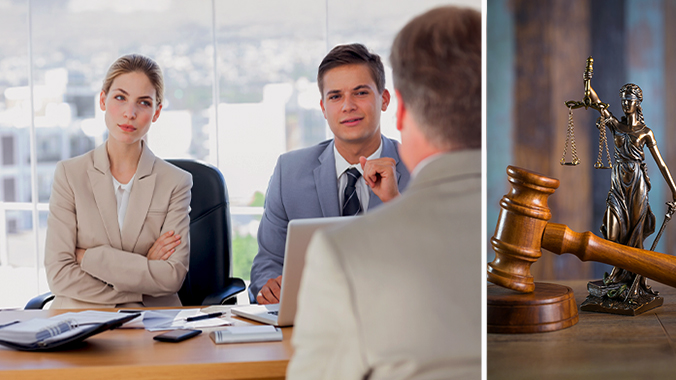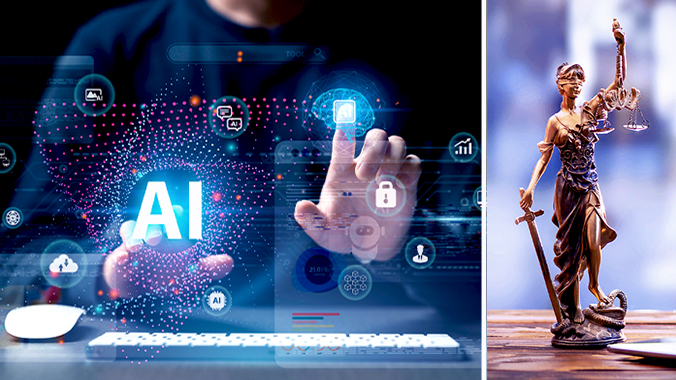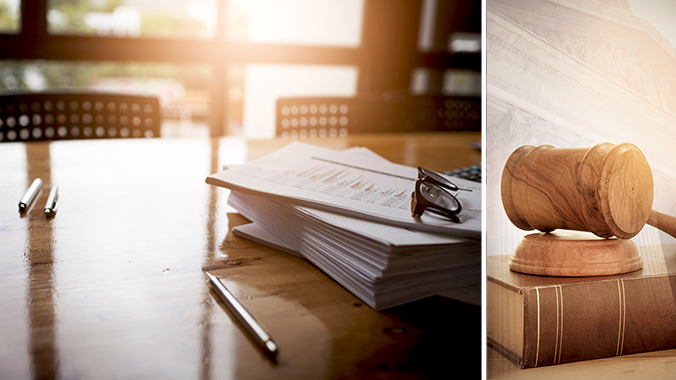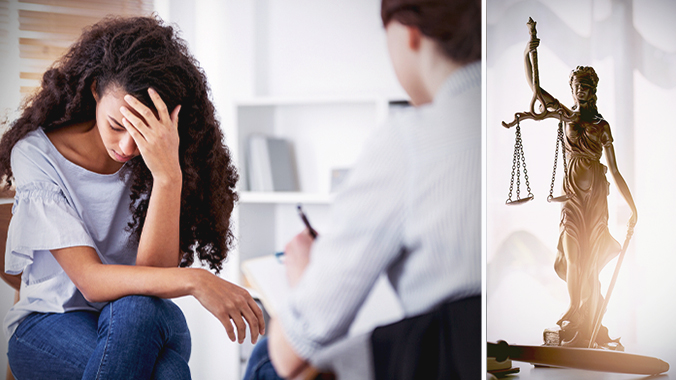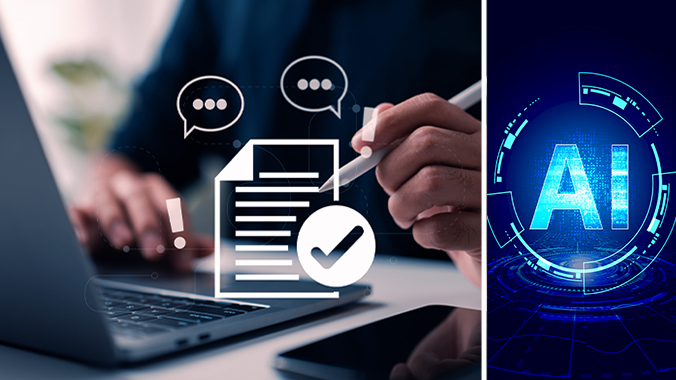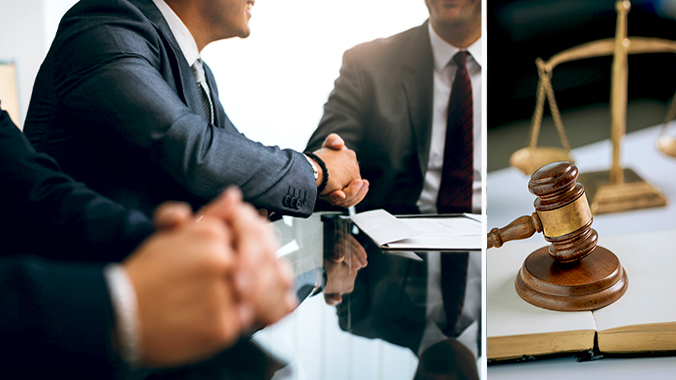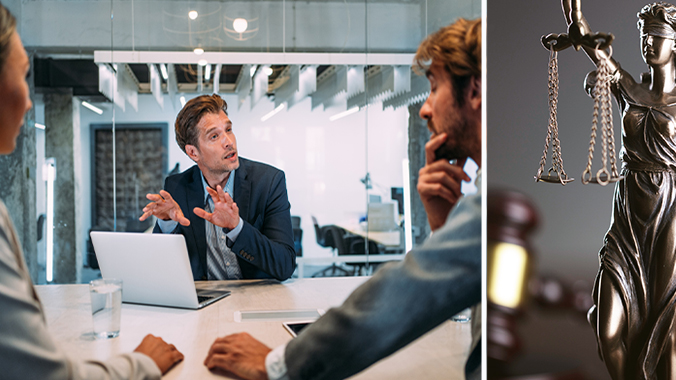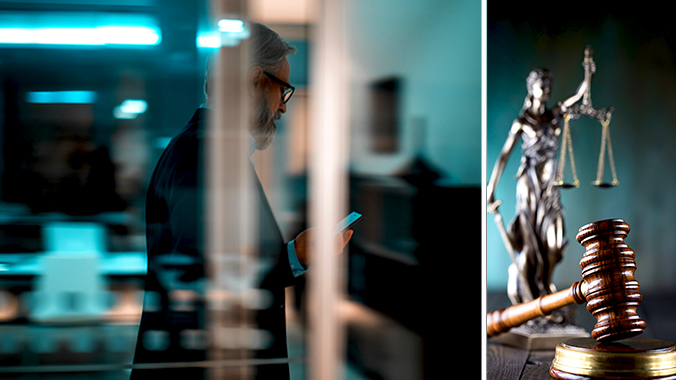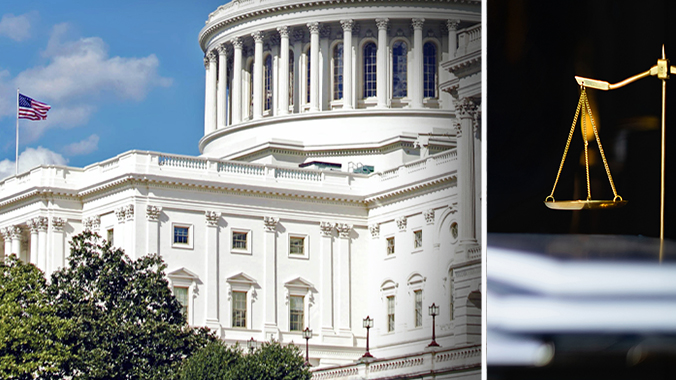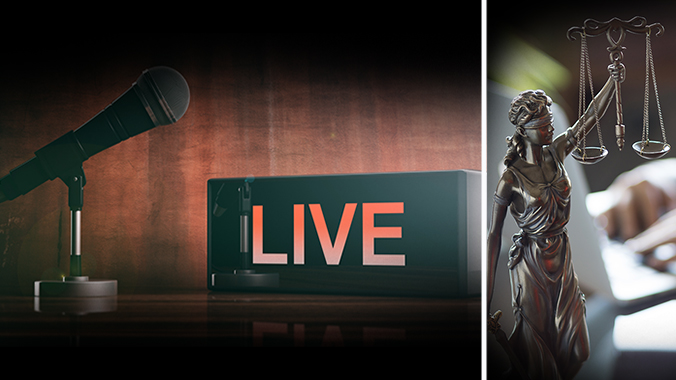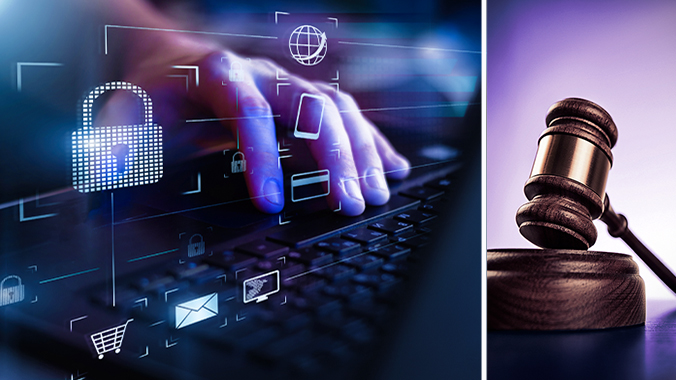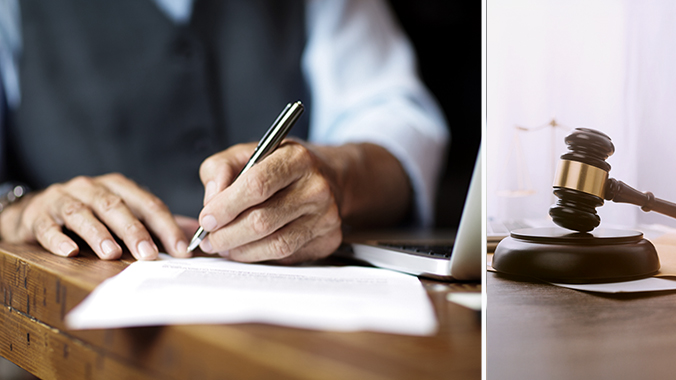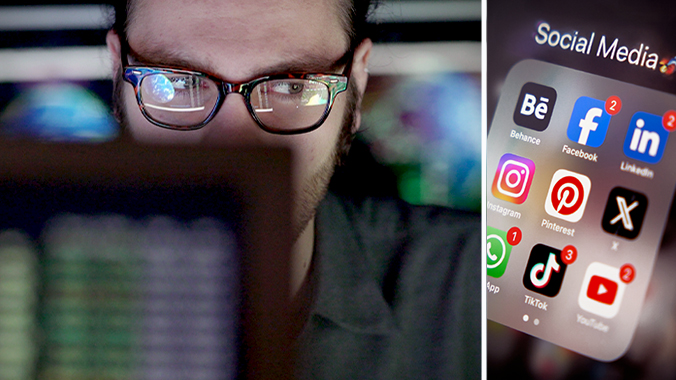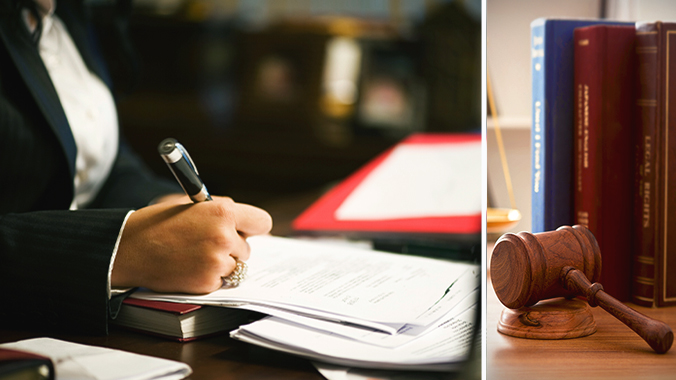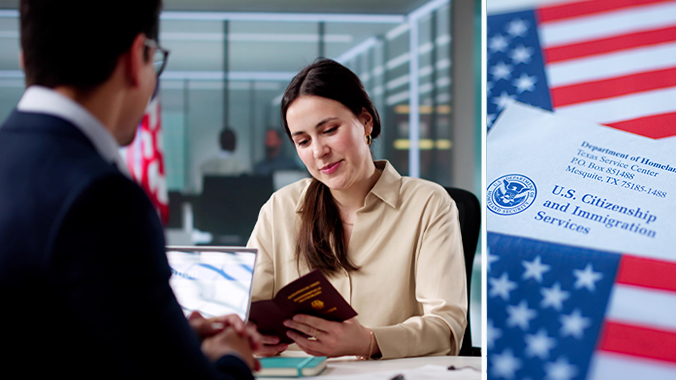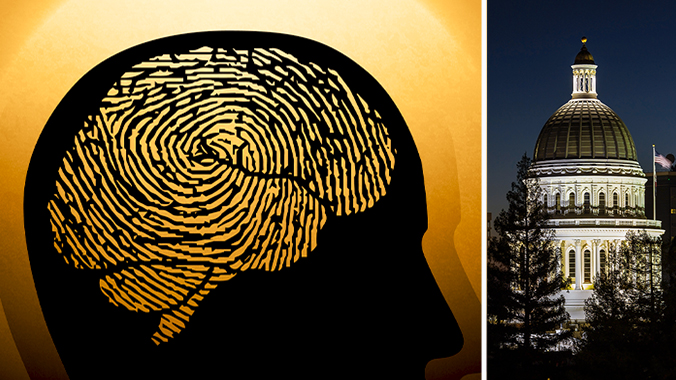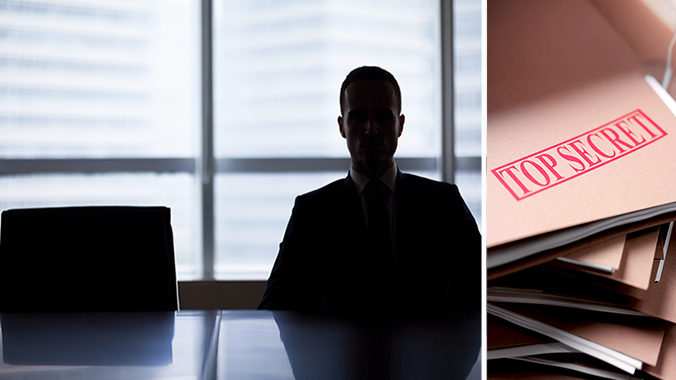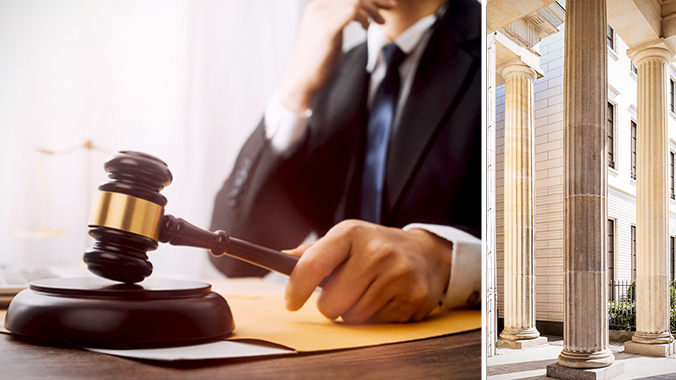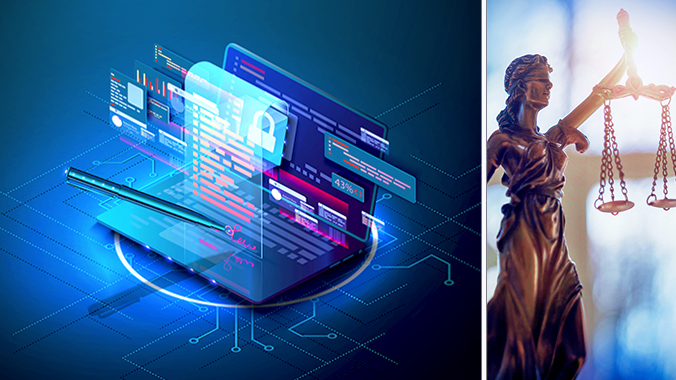High-Impact Depositions: From Hitchhiking to Hard Admissions—Lock Testimony, Dismantle Methodologies, Expose Flaws, and Leverage Body Language (Includes 1 Hour of Ethics)


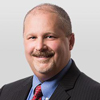
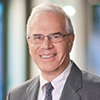
3.5 hour CLE
Tuition: $295.00
Get this course, plus over 1,000+ of live webinars.
Learn More
Training 5 or more people?
Sign-up for a law firm subscription plan and each attorney in the firm receives free access to all CLE Programs
Program Summary
Session I – Deposition Dos and Don’ts – David H. Pikus
While depositions can serve a range of strategic goals, they’re often misused or fail to meet their full potential. This session will examine both effective and ineffective deposition practices, highlighting commonly missed opportunities and misdirected tactics that undermine their value.
Key topics to be discussed:
- What the deposition is
- Securing and locking in a witness’s account
- Clarifying uncertainties
- Gaining insight into the opposing party’s case, whether favorable or unfavorable
- Effectively addressing and incorporating documentary evidence
- What the deposition is not
- A trial run or performance
- A tool for intimidation
- A showcase for the questioning attorney's argument or case strategy
Session II – Strategic Expert Depositions: Targeting Expert Credentials, Biases, Applied Methodology, and Hitchhiking Opportunities – Karen Koehler
An effective cross-examination begins long before trial, often in the expert’s deposition. This session explores how to take strategic, purpose-driven depositions of expert witnesses that not only uncover critical facts but also shape your roadmap for dismantling their credibility at trial. You'll learn how to zero in on relevant credentials, expose inherent biases, and test the validity of methodologies, all while remaining alert to "hitchhiking" opportunities that can yield powerful admissions or inconsistencies. The focus will be on sharpening your approach to ensure every minute of the deposition serves a tactical purpose.
Key topics to be discussed:
- Extreme efficiency in expert depositions is under rated
- Match the style of taking the deposition to the specific goals of the case
- Consider the psychological aspects of how the expert forms to assist with later cross examination
- When to utilize "hitchhiking"
Session III – The Nonverbal Communication of Appearing Trustworthy – Dr. Abbie Maroño
In this session, you will learn how to create cooperation and trust through your own body language. We will explore the science behind why certain nonverbal behaviors increase perceived trustworthiness and how small shifts in your posture, facial expressions, and tone can significantly change the way others respond to you. You will also learn which behaviors may be undermining your perceived confidence and competence without you realizing it, and how to replace them with signals that convey calm, credibility, and strength.
Key topics to be discussed:
- How your body communicates trust before you speak
- The role of posture, gestures, and facial expression in cooperation
- Why these behaviors work: The science behind trust signals
- Behaviors that reduce perceived competence and how to shift into confident, trustworthy presence
Session IV – Legal Ethics in Depositions – Gerald A. Connor
The Rules of Professional Conduct of every State govern all our actions as attorneys, including conduct during depositions. In addition to our duties to a client, attorneys also have ethical duties related to witnesses, other parties and counsel, and the process of a deposition overall. Zealous advocacy must be tempered with civility and a knowledge of your ethical obligations. This session will explore key ethical obligations under the ABA Model Rules, including Rules 1.1, 1.2, 1.3, 1.4, 1.6, 2.1, 3.2, 3.3, 3.4, and 8.4, highlighting key ethical duties of competence, communication, confidentiality, honesty, and fairness.
Key topics to be discussed:
- Identify the rules of professional conduct as they relate to depositions
- Highlight the distinction between preparing a witness vs. coaching a witness
- The critical etiquette tips necessary for a smooth deposition
- Recent developments with the unique issues that arise in remote depositions
Date / Time: August 21, 2025
- 1:00 pm – 5:00 pm Eastern
- 12:00 pm – 4:00 pm Central
- 11:00 am – 3:00 pm Mountain
- 10:00 am – 2:00 pm Pacific
![]() Closed-captioning available
Closed-captioning available
Speakers
 Dr. Abbie Maroño | Social-Engineer, LLC
Dr. Abbie Maroño | Social-Engineer, LLC
Dr. Abbie Maroño is an internationally recognized behavioral scientist, named a top 1% expert by the U.S. Department of State. She has delivered specialized training to elite agencies including the U.S. Secret Service, FBI, and Department of Homeland Security. Dr. Abbie is the creator of The Upper Hand, a proprietary framework for influence and decision-making. Her expertise was recognized by the U.S. Secret Service, who invited her to teach this framework, and honored her with an award for her outstanding contribution to their forensic services.
Earning her PhD in Psychology, she became a professor at 23 and now serves as Director of Education at Social-Engineer, LLC. She contributes regularly to Forbes and Apple News and has been featured on BBC News, WIRED, and Forbes Breaking News. As a trusted expert witness, she has consulted on high-profile legal cases, including lawsuits involving A-list celebrities.
Dr. Abbie is also a TEDx speaker, bestselling author, coach, and award-winning academic reviewer recognized for her contributions to the global research community.
 Karen Koehler | Stritmatter Law
Karen Koehler | Stritmatter Law
Karen (“The Velvet Hammer”TM) Koehler is a managing partner at Stritmatter Law in Seattle, Washington. She represents plaintiffs in wrongful death, personal injury and civil rights cases. None of her verdicts have included punitive damages as Washington is a non-punitive state. Karen achieved a $123M verdict in a Ride the Ducks trial in 2019 and a $44 M verdict in a motorcycle crash case followed by a $3.5M wrongful murder verdict both in 2022.
She’s achieved numerous other verdicts and settlements including a $10M settlement for 50 BLM peaceful protesters against Seattle and a $3.5M settlement against the city for the wrongful death of Charleena Lyles, a victim of police violence whose name was often chanted in those protests. She is currently enjoying litigating against Amazon and its delivery program. Karen is a past trial lawyer of the year and president of the Washington Association for Justice. She is a past recipient of the Melvin Belli Award. Her Velvet Hammer tm podcast is in its 6th year. She has three daughters, three grandchildren and has practiced trial law for 40 years.
 Gerald A. Connor | Margolis Edelstein
Gerald A. Connor | Margolis Edelstein
Gerald A. Connor is a partner and trial attorney in the Scranton, Pennsylvania, office of Margolis Edelstein, a full-service multi-state litigation provider to the insurance industry, major corporations, and governmental entities. He focuses his practice on casualty litigation, ranging from automobile and general liability claims to products liability, construction litigation, and workers’ compensation claims. Mr. Connor also has extensive experience in commercial litigation, insurance coverage and First Party claims, and employment law. He has handled dozens of trials, administrative hearings, and arbitrations to verdict, and is active at the appellate level in both state and federal court. Mr. Connor is a member of the Lackawanna County and Pennsylvania bar associations. He earned his B.A. degree from the University of Pennsylvania and his J.D. degree from Widener University School of Law and is a frequent lecturer at both the State and National level.
 David H. Pikus | Bressler, Amery & Ross, P.C.
David H. Pikus | Bressler, Amery & Ross, P.C.
David H. Pikus is a principal at Bressler, Amery & Ross, P.C., practicing in the firm’s New York City and New Jersey offices. He has been a litigator for over 43 years and conducted depositions spanning the spectrum of civil cases: commercial litigation, family and estate proceedings, bankruptcy examinations, securities, intellectual property, banking, shareholder litigation, administrative law and public utility and energy regulation. He previously co-headed the litigation department at one of New York’s largest law firms. He is a graduate of Princeton University and the University of Virginia School of Law, and a Special Master of the Supreme Court of the State of New York.
Agenda
Session I – Deposition Dos and Don’ts | 1:00pm – 2:00pm
- What the deposition is
- Securing and locking in a witness’s account
- Clarifying uncertainties
- Gaining insight into the opposing party’s case, whether favorable or unfavorable
- Effectively addressing and incorporating documentary evidence
- What the deposition is not
- A trial run or performance
- A tool for intimidation
- A showcase for the questioning attorney’s argument or case strategy
Break | 2:00pm – 2:10pm
Session II – Strategic Expert Depositions: Targeting Expert Credentials, Biases, Applied Methodology, and Hitchhiking Opportunities | 2:10pm – 3:10pm
- Extreme efficiency in expert depositions is under rated
- Match the style of taking the deposition to the specific goals of the case
- Consider the psychological aspects of how the expert forms to assist with later cross examination
- When to utilize “hitchhiking”
Break | 3:10pm – 3:20pm
Session III – The Nonverbal Communication of Appearing Trustworthy | 3:20pm – 3:50pm
- How your body communicates trust before you speak
- The role of posture, gestures, and facial expression in cooperation
- Why these behaviors work: The science behind trust signals
- Behaviors that reduce perceived competence and how to shift into confident, trustworthy presence
Session IV – Legal Ethics in Depositions | 3:50pm – 5:00pm
- Identify the rules of professional conduct as they relate to depositions
- Highlight the distinction between preparing a witness vs. coaching a witness
- The critical etiquette tips necessary for a smooth deposition
Break | 4:20pm – 4:30pm
- Recent developments with the unique issues that arise in remote depositions
Credits
Alaska
Approved for CLE Credits
2.5 General, 1 Ethics
Alabama
Pending CLE Approval
2.5 General, 1 Ethics
Arkansas
Approved for CLE Credits
2.5 General, 1 Ethics
Arizona
Approved for CLE Credits
2.5 General, 1 Professional Responsibility/Ethics
California
Approved for CLE Credits
2.5 General, 1 Ethics
Colorado
Pending CLE Approval
2.5 General, 1 Ethics / Professionalism
Connecticut
Approved for CLE Credits
2.5 General, 1 Ethics / Professionalism
District of Columbia
No MCLE Required
3.5 CLE Hour(s)
Delaware
Pending CLE Approval
2.5 General, 1 Enhanced Ethics
Florida
Approved via Attorney Submission
3 General Hours, 1 Ethics Hours
Georgia
Pending CLE Approval
2.5 General, 1 Ethics
Hawaii
Approved for CLE Credits
3 General, 1.2 Ethics or Professional Responsibility Education
Iowa
Pending CLE Approval
2.5 General, 1 Ethics
Idaho
Pending CLE Approval
2.5 General, 1 Ethics / Professionalism
Illinois
Pending CLE Approval
2.5 General, 1 Ethics, Civility, Professionalism
Indiana
Pending CLE Approval
2.5 General, 1 Ethics
Kansas
Pending CLE Approval
2.5 Substantive, 1 Ethics / Professionalism
Kentucky
Pending CLE Approval
2.5 General, 1 Ethics
Louisiana
Pending CLE Approval
2.5 General, 1 Ethics
Massachusetts
No MCLE Required
3.5 CLE Hour(s)
Maryland
No MCLE Required
3.5 CLE Hour(s)
Maine
Pending CLE Approval
2.5 General, 1 Ethics / Professionalism
Michigan
No MCLE Required
3.5 CLE Hour(s)
Minnesota
Pending CLE Approval
2.5 General, 1 Ethics
Missouri
Approved for CLE Credits
3 General, 1.2 Ethics
Mississippi
Pending CLE Approval
2.5 General, 1 Ethics
Montana
Pending CLE Approval
2.5 General, 1 Professional Fitness and Integrity
North Carolina
Pending CLE Approval
2.5 General, 1 Ethics
North Dakota
Approved for CLE Credits
2.5 General, 1 Ethics
Nebraska
Pending CLE Approval
2.5 General, 1 Professional Responsibility
New Hampshire
Approved for CLE Credits
150 General minutes, 60 Ethics / Professionalism minutes
New Jersey
Approved for CLE Credits
3 General, 1.2 Ethics / Professionalism
New Mexico
Approved for CLE Credits
2.5 General, 1 Ethics / Professionalism
Nevada
Pending CLE Approval
2.5 General, 1 Ethics / Professionalism
New York
Approved for CLE Credits
3 General, 1.2 Ethics / Professionalism
Ohio
Pending CLE Approval
2.5 General, 1 Professional Conduct
Oklahoma
Pending CLE Approval
3 General, 1 Ethics / Professionalism
Oregon
Pending CLE Approval
2.5 General, 1 Ethics
Pennsylvania
Approved for CLE Credits
2.5 General, 1 Ethics / Professionalism
Rhode Island
Pending CLE Approval
3 General, 1 Ethics / Professionalism
South Carolina
Pending CLE Approval
2.5 General, 1 Ethics / Professionalism
South Dakota
No MCLE Required
3.5 CLE Hour(s)
Tennessee
Pending CLE Approval
2.5 General, 1 Dual
Texas
Approved for CLE Credits
2.5 General, 1 Ethics / Professionalism
Utah
Pending CLE Approval
2.5 General, 1 Ethics / Professionalism
Virginia
Not Eligible
2.5 General Hours, 1 Ethics / Professionalism Hours
Vermont
Approved for CLE Credits
2.5 General, 1 Ethics
Washington
Approved via Attorney Submission
2.5 Law & Legal Hours, 1 Ethics Hours
Wisconsin
Pending CLE Approval
3 General, 1 Ethics
West Virginia
Pending CLE Approval
3 General, 1.2 Ethics / Professionalism
Wyoming
Pending CLE Approval
2.5 General, 1 Ethics / Professionalism
#1 CLE Access Program
- Over 1,000 Live CLE Webinars each year
- All CLE webinars broadcasted in last 12 months
- Programs covering over 35 practice areas
- Hot topics & changes in the law
- All formats: Live, Replay, and On-demand
- Accreditation in every state
Access every CLE webinar,
every format, all year long!
myLawCLE All-Access Pass
only $395 yearly
Register Now
#1 CLE Access Program
- Over 1,000 Live CLE Webinars each year
- All CLE webinars broadcasted in last 12 months
- Programs covering over 35 practice areas
- Hot topics & changes in the law
- All formats: Live, Replay, and On-demand
- Accreditation in every state
Access every CLE webinar,
every format, all year long!
myLawCLE All-Access Pass
only $395 yearly
More CLE Webinars
Trending CLE Webinars
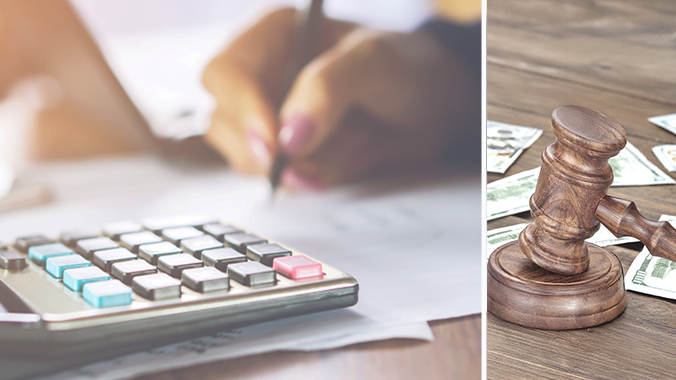
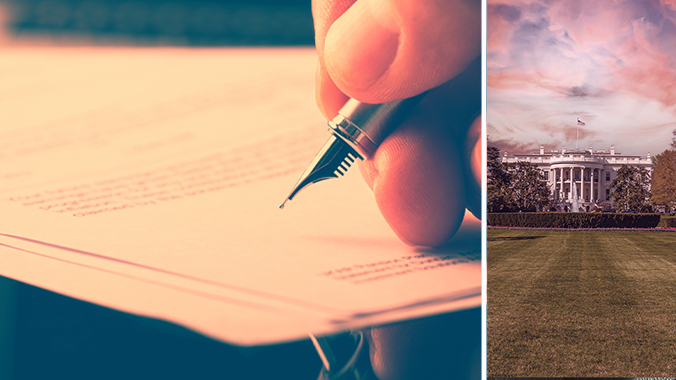
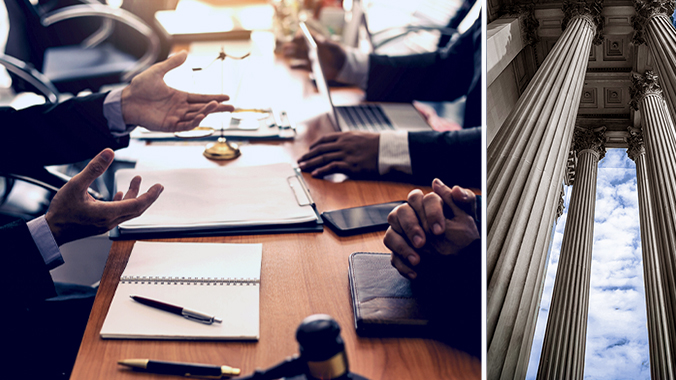


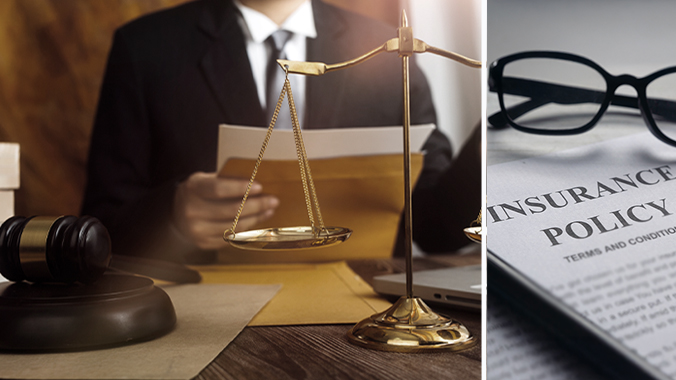
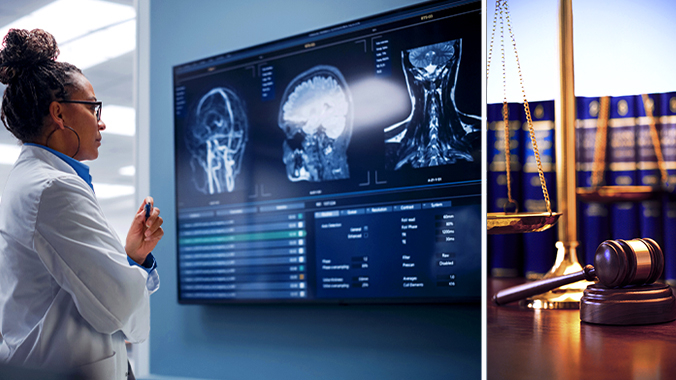
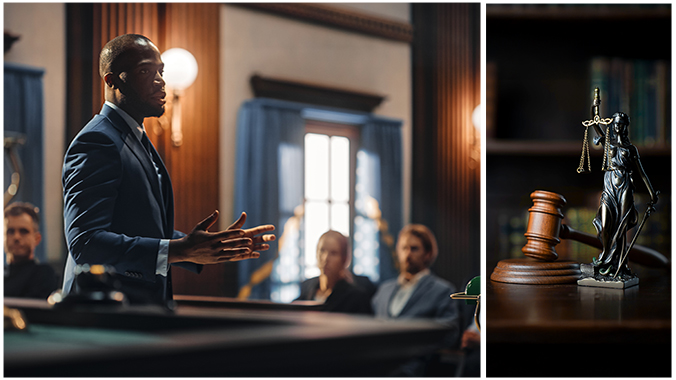
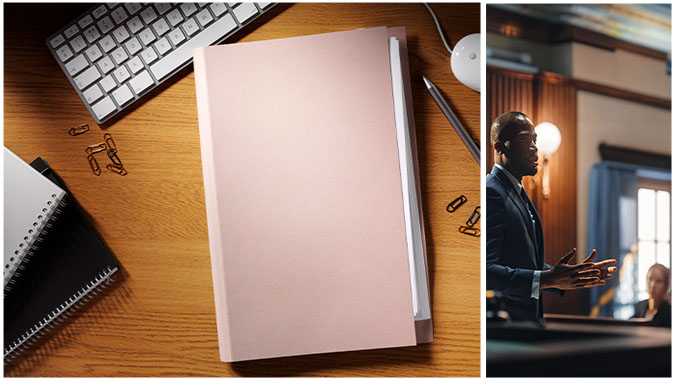
Upcoming CLE Webinars

